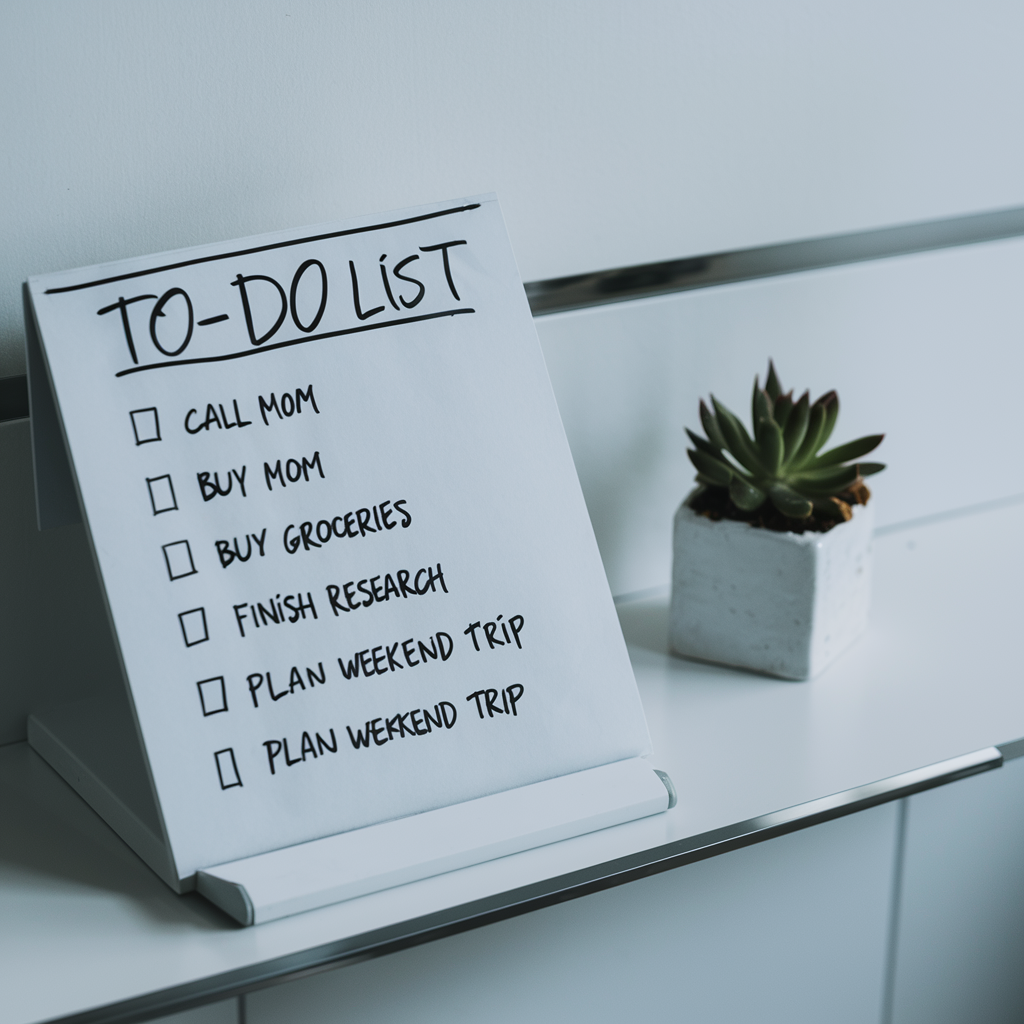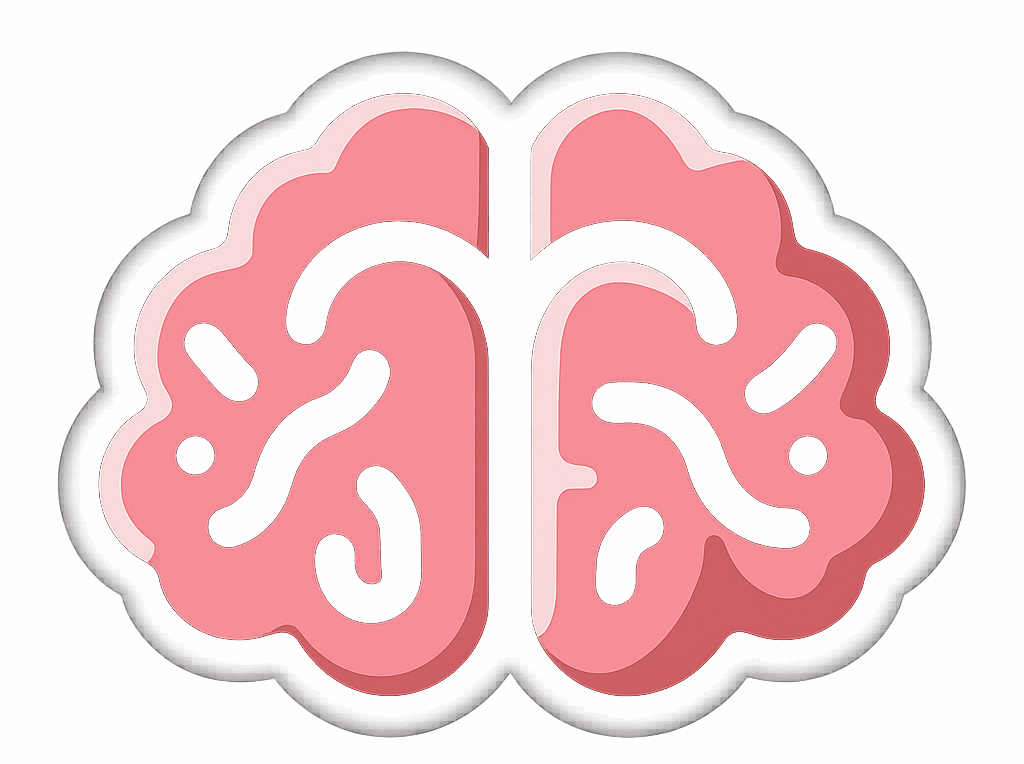12 Tips to Avoid Absent-mindedness
Absent-mindedness can be frustrating, but understanding what it means and how to combat it can help you stay focused and organized. Absent-mindedness occurs when your mind is absent from what it intended to focus on or accomplish. This lack of attention can be caused by:
- Distractions
- Fatigue
- Multi-tasking
- Stress
- Anxiety
Almost everyone experiences absent-mindedness daily, such as forgetting where they put their keys or glasses, missing appointments, leaving tasks unfinished, or losing concentration while reading or studying. Here’s how to avoid absent-mindedness with some practical strategies.
1. Have a Memory Place
Create a designated spot for frequently misplaced items, such as keys, wallet, glasses, pills, or notes to yourself. This “memory place” will help you find these items quickly and reduce frustration.

2. Use Unusual Places
Put items you need to remember in unusual places to catch your attention. For instance, place shoes that need repairing by the front door or on the front seat of your car.
3. Organize Your Environment
A well-organized space helps you find things easily. Ensure that everything has a specific place and reduce clutter to avoid distractions.

4. Use Alarms and Timers
Setting alarms and timers can remind you of tasks at specific times, ensuring you don’t forget important activities.
5. Use Memory Tools
Utilize calendars, lists, voice mails, or emails to remind yourself of tasks. Sticky notes in visible places, notepads by your bed, or your phone can be handy for noting important thoughts and to-dos.

6. Don’t Procrastinate
Tackle tasks immediately to avoid the risk of forgetting them later. The mantra “Do it now” can help prevent future absent-mindedness.
7. Use Self-talk
Talking to yourself about what you want to remember can reinforce your memory. For example, say, “I closed the garage door, so no one can get in while I’m gone.”
8. Go Back to Where You Started
If you find yourself forgetting why you entered a room, return to where you started. This often helps jog your memory.

9. Count Items
When traveling, count the items you need to remember. For example, “I have four things to take when I leave the plane: purse, backpack, phone, and jacket.”
10. Don’t Multitask
Focus on one task at a time. Multitasking can lead to distractions and lapses in concentration.
11. Common Sense Tips
Ensure you get enough sleep, reduce stress and anxiety, and avoid making important decisions when tired. Eating well and exercising can also help maintain mental clarity.

12. Take Confucius’ Advice
“The weakest ink is stronger than the best memory.” Use written systems to organize your life, such as journals or digital planners.
Additional Tips to Combat Absent-mindedness
- Mindfulness and Meditation: Practicing mindfulness or meditation can improve focus and reduce absent-mindedness.
- Stay Hydrated: Dehydration can affect cognitive function, so drink plenty of water.
- Brain Exercises: Engage in activities that stimulate your brain, such as puzzles, reading, or learning new skills.
Lapses in attention and resulting absent-mindedness are common and can range from minor irritations to serious mistakes. Implementing these strategies on how to avoid absent-mindedness can help improve your focus and reduce forgetfulness.
Conclusion
Absent-mindedness can be managed with simple strategies that improve focus and organization. By following these tips on how to avoid absent-mindedness, you can reduce daily frustrations and enhance your productivity.
Barbara Van Dyne, M.A., speech-language pathologist has worked for decades in a variety of rehabilitation settings, including inpatient and outpatient rehabilitation, home health, private practice and skilled nursing facilities.
She holds a Master's Degree from The University of Kansas in Speech and Language Pathology.
She is the author of Memory Chit Chat, a clinical manual with exercises that leverage social themes for therapeutic purposes offers meaningful engagement, repetition, familiarity, personal relevance, and a connection to seasonal and cultural events
She has taught memory improvement classes and served on the advisory board of the Stroke Support Group of Northern California. Prior to her retirement she was certified by the American Speech and Hearing Association and licensed as a speech pathologist in the state of California.








